
Top 10 Full-Stack Developer Frameworks in 2025
Mar 21, 2025 5 Min Read 28934 Views
(Last Updated)
In the ever-evolving world of technology, the demand for full stack developers is at an all-time high. As businesses continue to embrace online platforms and advanced technologies, they require professionals who can handle every aspect of web development, from design and front-end development to back-end coding and database management.
To stay ahead of the curve and become one of the most sought-after developers in the industry, it is crucial to stay updated on the latest frameworks and technologies. In this comprehensive guide, we will explore the top full-stack developer frameworks that you need to know about to future-proof your career.
Table of contents
- What is a Full Stack Framework?
- Top 10 Full Stack Developer Frameworks in 2025
- React.js
- Vue.js
- Angular
- Django
- Ruby on Rails
- Laravel
- Express.js
- Spring Boot
- ASP.NET Core
- Ember.js
- Conclusion
- FAQs
- What framework should I learn 2025?
- What is the best framework for web development 2025?
- Is full stack development in demand 2025?
What is a Full Stack Framework?

A full-stack development framework is a collection of software tools that provide an end-to-end solution for web development. It encompasses all the necessary components to build a complete web application, including the front-end user interface, back-end server, and database management.
While there are numerous full-stack frameworks available, they all share common features such as a web server, application server, and database. Additionally, most full-stack frameworks include various tools for development, testing, and deployment of web applications. These frameworks are particularly well-suited for complex applications that require seamless integration and efficient development processes.
If you want to get into full-stack development, do read How To Become A Full Stack Developer?
Before diving into the next section, ensure you’re solid on full-stack development essentials like front-end frameworks, back-end technologies, and database management. If you are looking for a detailed Full Stack Development career program, you can join GUVI’s Full Stack Development Course with Placement Assistance. You will be able to master the MERN stack (MongoDB, Express.js, React, Node.js) and build real-life projects.
Additionally, if you want to explore JavaScript through a self-paced course, try GUVI’s JavaScript certification course.
Top 10 Full Stack Developer Frameworks in 2025
As the landscape of web development continues to evolve, several frameworks have emerged as the top choices for full-stack developers. These frameworks offer a range of features, capabilities, and community support that make them ideal for building powerful and scalable web applications. Let’s explore the top 10 full-stack developer frameworks that you should consider mastering this year:
1. React.js
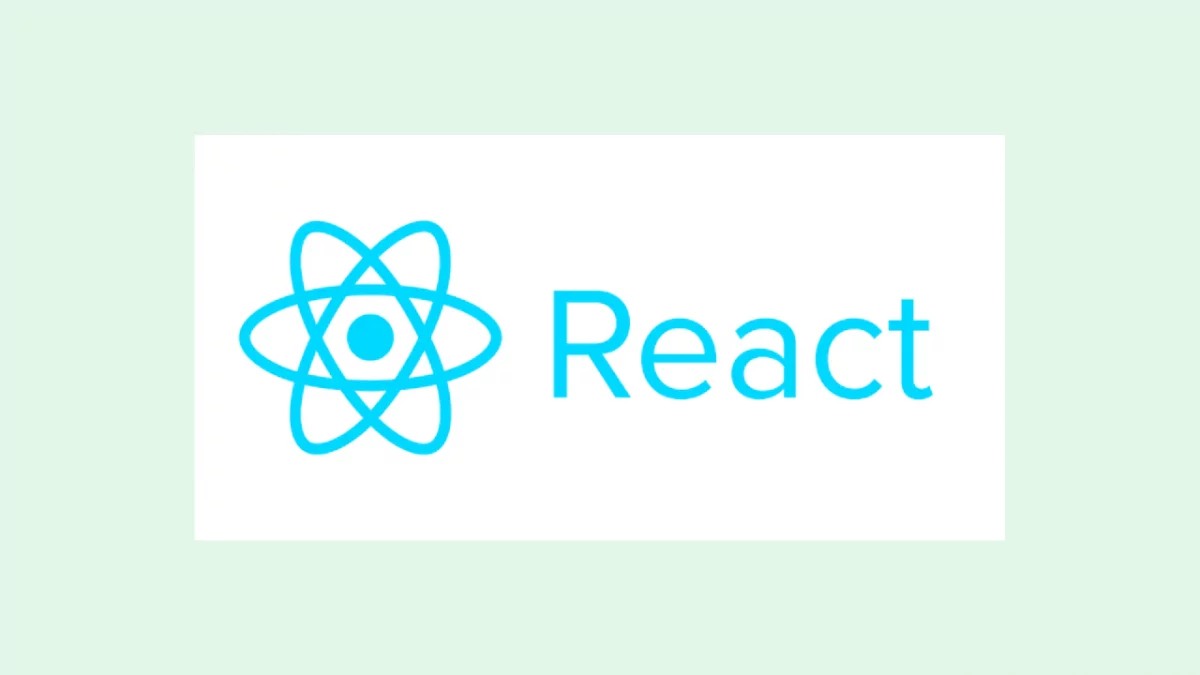
React.js, developed by Facebook, is a popular JavaScript library used for building user interfaces. It follows a component-based architecture and leverages a virtual DOM, enabling developers to create dynamic and interactive web applications. React.js is widely adopted by companies like Walmart, Netflix, and Airbnb for its performance, scalability, and ease of use. It can be seamlessly integrated with Node.js for efficient full stack development.
Key Features of React.js:
- Component-based architecture for modular development
- Virtual DOM for efficient rendering and performance optimization
- Extensive ecosystem and community support
- Reusable UI components for faster development
- Integration with popular libraries and frameworks
2. Vue.js
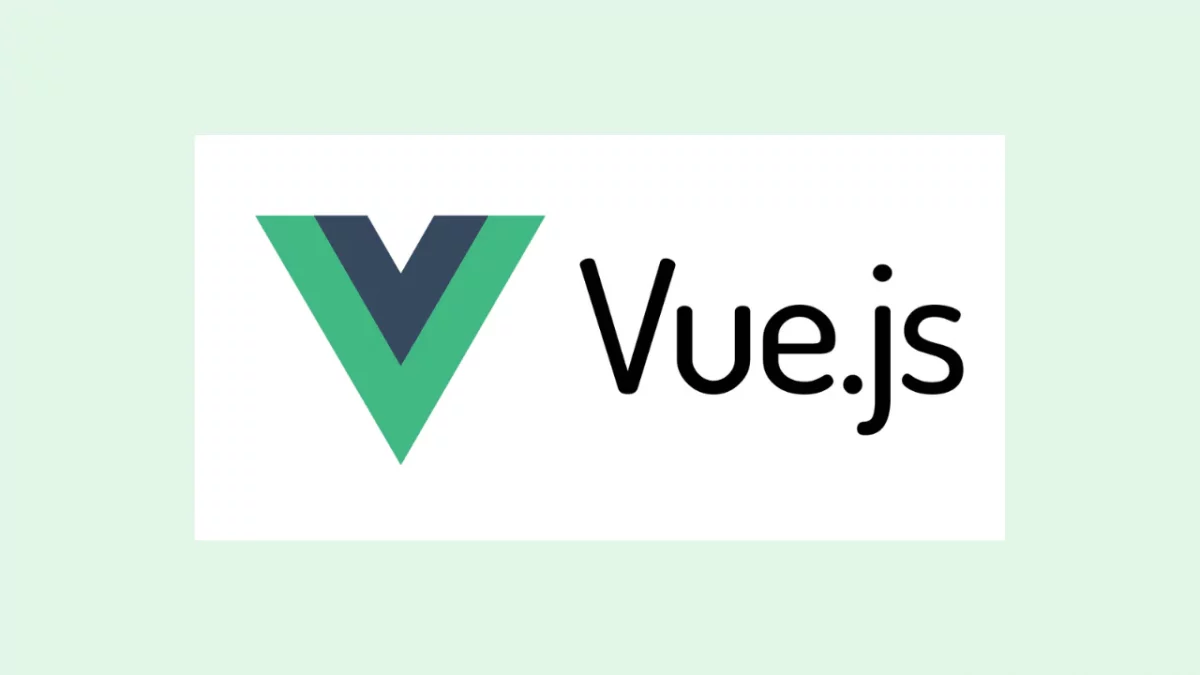
Vue.js is an open-source JavaScript framework for building user interfaces. It offers a flexible and scalable architecture, making it a popular choice among developers. Vue.js follows a component-based approach and provides a reactive data binding system, allowing for seamless updates and synchronization between components. With its simplicity and ease of integration, Vue.js has gained significant traction in the web development community.
Key Features of Vue.js:
- Simple syntax and ease of learning
- Progressive framework for incremental adoption
- Flexible component architecture
- Two-way data binding for efficient updates
- Comprehensive ecosystem and supportive community
3. Angular
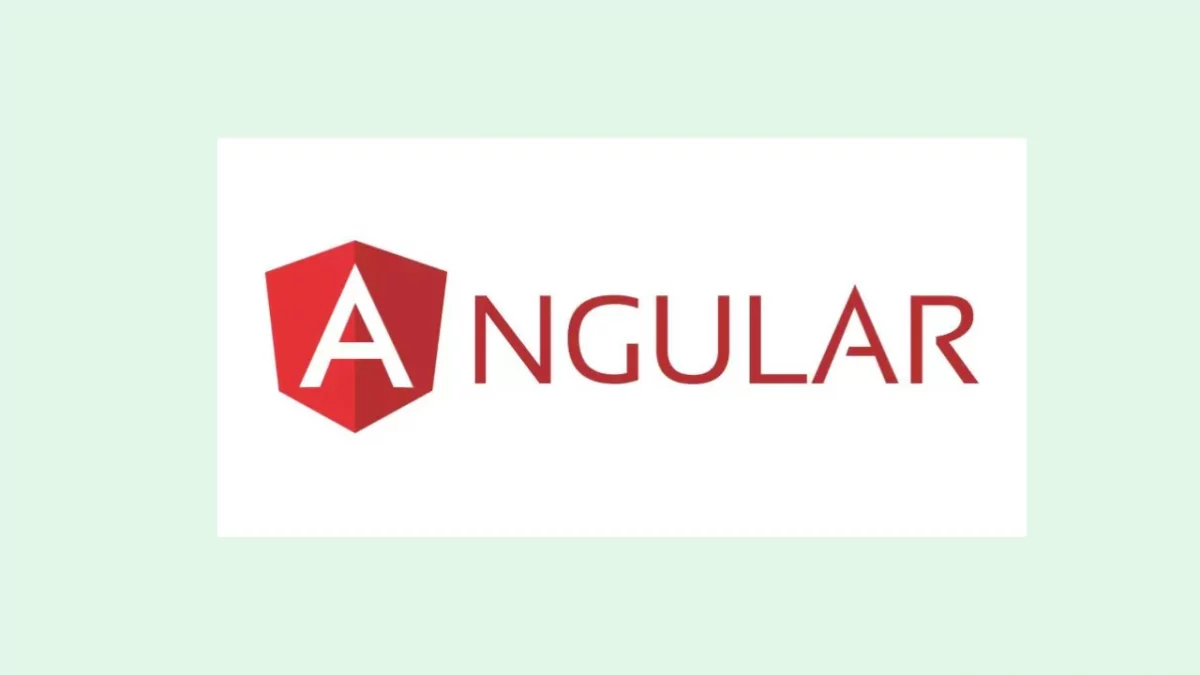
Angular, developed by Google, is a widely-used framework for building dynamic web applications. It follows a component-based architecture and provides a robust set of tools and features for efficient development. Angular leverages TypeScript, a superset of JavaScript, which adds static typing and other advanced features to enhance code quality and maintainability. With its extensive documentation and active community, Angular is a powerful framework for full stack development.
Key Features of Angular:
- Component-based architecture for modular development
- Two-way data binding for seamless updates
- Dependency injection for managing application dependencies
- TypeScript support for enhanced code quality
- Comprehensive documentation and community support
4. Django
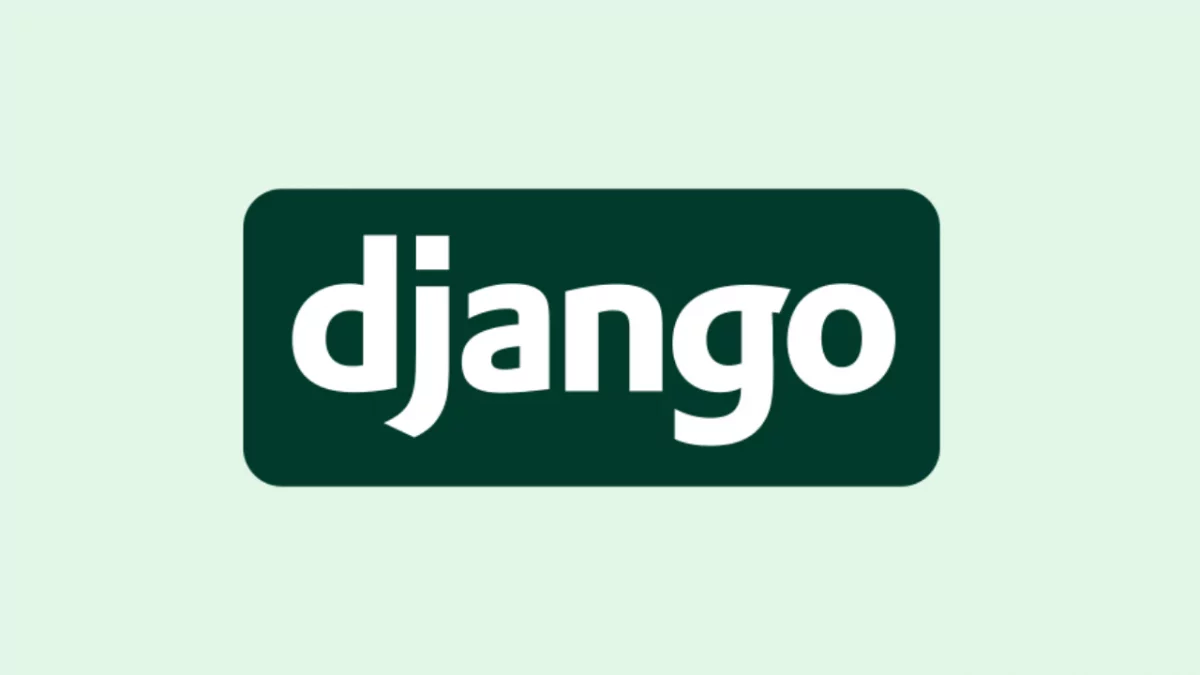
Django is a high-level Python web framework known for its simplicity and scalability. It follows the Model-View-Controller (MVC) architectural pattern and provides a range of tools and libraries for rapid development. Django’s batteries-included approach eliminates the need for additional dependencies, making it an efficient framework for building full stack web applications. With its strong emphasis on security and performance, Django is a popular choice for developers.
Key Features of Django:
- MVC architectural pattern for structured development
- Built-in administrative interface for easy content management
- ORM (Object-Relational Mapping) for database management
- Robust security features and protection against common vulnerabilities
- Scalability and flexibility for handling complex applications
5. Ruby on Rails
Ruby on Rails, often referred to as Rails, is a popular web application framework written in Ruby. It follows the Model-View-Controller (MVC) architectural pattern and emphasizes convention over configuration, reducing the need for repetitive code. Rails provides a range of built-in tools and libraries that facilitate rapid development and help developers focus on building features. With its elegant syntax and strong community support, Ruby on Rails is a favored framework for full stack development.
Key Features of Ruby on Rails:
- Convention over configuration for streamlined development
- MVC architectural pattern for modular code organization
- Active Record for database management
- Built-in testing framework for efficient testing
- Extensive library ecosystem and supportive community
Also, if you want to read about roles and responsibilities, do check – Roles & Responsibilities of Full Stack Developers
6. Laravel
Laravel, a PHP web framework, is known for its elegant syntax and developer-friendly features. It follows the Model-View-Controller (MVC) architectural pattern and provides a range of tools and libraries for efficient development. Laravel focuses on simplicity, readability, and scalability, making it a popular choice among developers. With its expressive syntax and comprehensive documentation, Laravel is an excellent framework for full stack development.
Key Features of Laravel:
- MVC architectural pattern for structured development
- Elegant syntax and developer-friendly features
- Blade templating engine for efficient UI rendering
- Eloquent ORM for database management
- Comprehensive documentation and community support
7. Express.js
Express.js is a fast and minimalist web application framework for Node.js. It provides a set of robust features for building web applications and APIs. Express.js is known for its simplicity and flexibility, allowing developers to create scalable and efficient applications. With its middleware architecture and extensive library ecosystem, Express.js is a popular choice for full-stack development with Node.js.
Key Features of Express.js:
- Minimalist and flexible framework for efficient development
- Middleware architecture for handling requests and responses
- Powerful routing system for defining API endpoints
- Integration with various databases and libraries
- Active community and supportive ecosystem
8. Spring Boot
Spring Boot is a Java-based framework that simplifies the development of standalone, production-grade applications. It follows the convention over the configuration principle and provides a range of features for building robust and scalable applications. Spring Boot integrates seamlessly with other Spring projects, making it a powerful option for full stack Java development. With its extensive documentation and vibrant community, Spring Boot offers a solid foundation for building complex web applications.
Key Features of Spring Boot:
- Convention over configuration for rapid development
- Built-in support for various databases and libraries
- Robust security features and authentication mechanisms
- Seamless integration with other Spring projects
- Comprehensive documentation and active community
9. ASP.NET Core
ASP.NET Core is a cross-platform, open-source web framework developed by Microsoft. It offers a range of features for building modern web applications, including MVC pattern support, built-in dependency injection, and seamless integration with popular front-end frameworks. ASP.NET Core provides high performance and scalability, making it suitable for building enterprise-grade applications. With Microsoft’s extensive support and documentation, ASP.NET Core is a valuable framework for full stack development.
Key Features of ASP.NET Core:
- Cross-platform compatibility for flexible deployment options
- MVC pattern support for structured development
- Built-in dependency injection for managing application dependencies
- High performance and scalability for enterprise-grade applications
- Microsoft’s extensive support and documentation
10. Ember.js
Ember.js is a JavaScript framework known for its convention over configuration approach and emphasis on developer productivity. It follows the Model-View-ViewModel (MVVM) architectural pattern and provides a range of tools and libraries for efficient development. Ember.js promotes code reusability and modularity, making it an excellent choice for large-scale applications. With its strong community and comprehensive guides, Ember.js offers a robust framework for full stack development.
Key Features of Ember.js:
- Convention over configuration for streamlined development
- MVVM architectural pattern for separation of concerns
- Two-way data binding for efficient updates
- Ember CLI for rapid development and code generation
- Comprehensive guides and supportive community
Kickstart your Full Stack Development journey by enrolling in GUVI’s Full Stack Development Course with Placement Assistance where you will master the MERN stack (MongoDB, Express.js, React, Node.js) and build interesting real-life projects. This program is crafted by our team of experts to help you upskill and assist you in placements.
Alternatively, if you want to explore JavaScript through a self-paced course, try GUVI’s JavaScript course.
Conclusion
In the fast-paced world of web development, staying updated with the latest frameworks is crucial for full-stack developers. The top full-stack developer frameworks mentioned in this guide offer a wide range of features, capabilities, and community support. Whether you choose React.js for its performance and scalability, Django for its simplicity and security, or any other framework, mastering these technologies can enhance your skills and boost your career prospects.
Remember, the key to becoming a successful full-stack developer lies in continuous learning and experimentation. Embrace these frameworks, explore their features, and leverage their capabilities to build innovative and robust web applications. With the right framework and a commitment to lifelong learning, you can excel in the dynamic field of full stack development. So, start your journey now and become a master of full-stack developer frameworks!
FAQs
Frameworks play an important role in developing web applications quickly and efficiently. Some of the most common frameworks you should learn in 2025 are React, Angular, Flask, Spring, and Django.
Some of the best frameworks for web development which are highly demanding in 2025 are –
1. React
2. Angular
3. Vue.js
Full stack development is a highly demanding profession in 2025 and will continue to be in the coming years. Everyone wants to get into this profession and it is also a high-paying job.

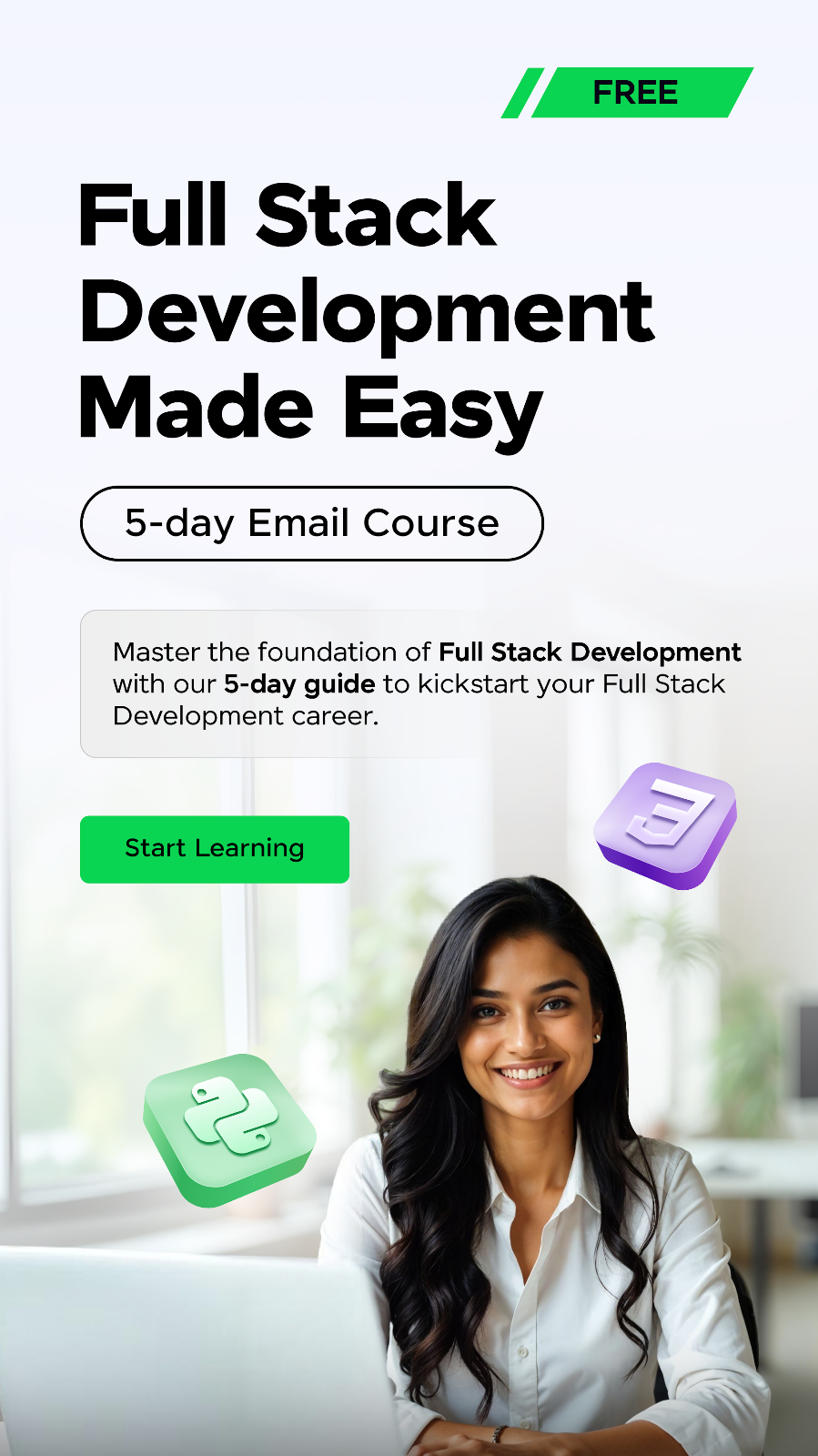




















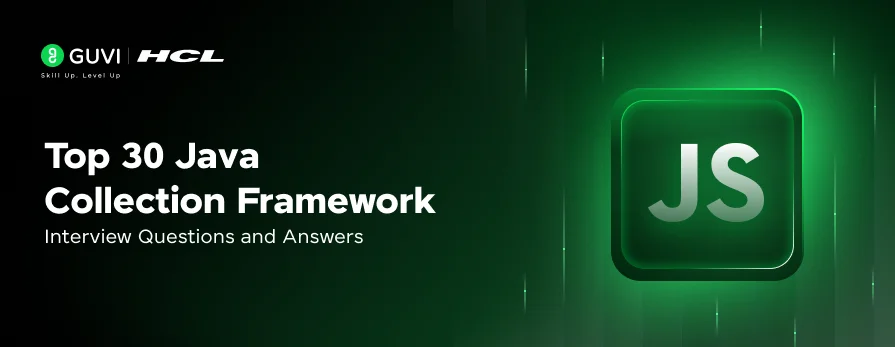


![What is TypeScript? A Beginner's Guide [2025] 10 typescript](https://www.guvi.in/blog/wp-content/uploads/2025/05/What-is-TypeScript_-A-Beginners-Guide.png)

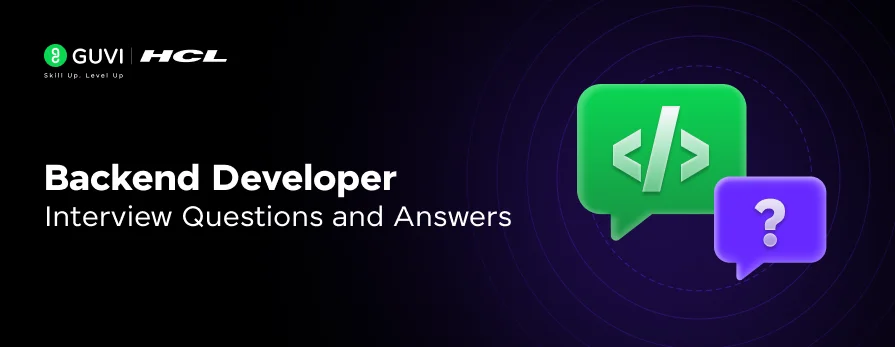
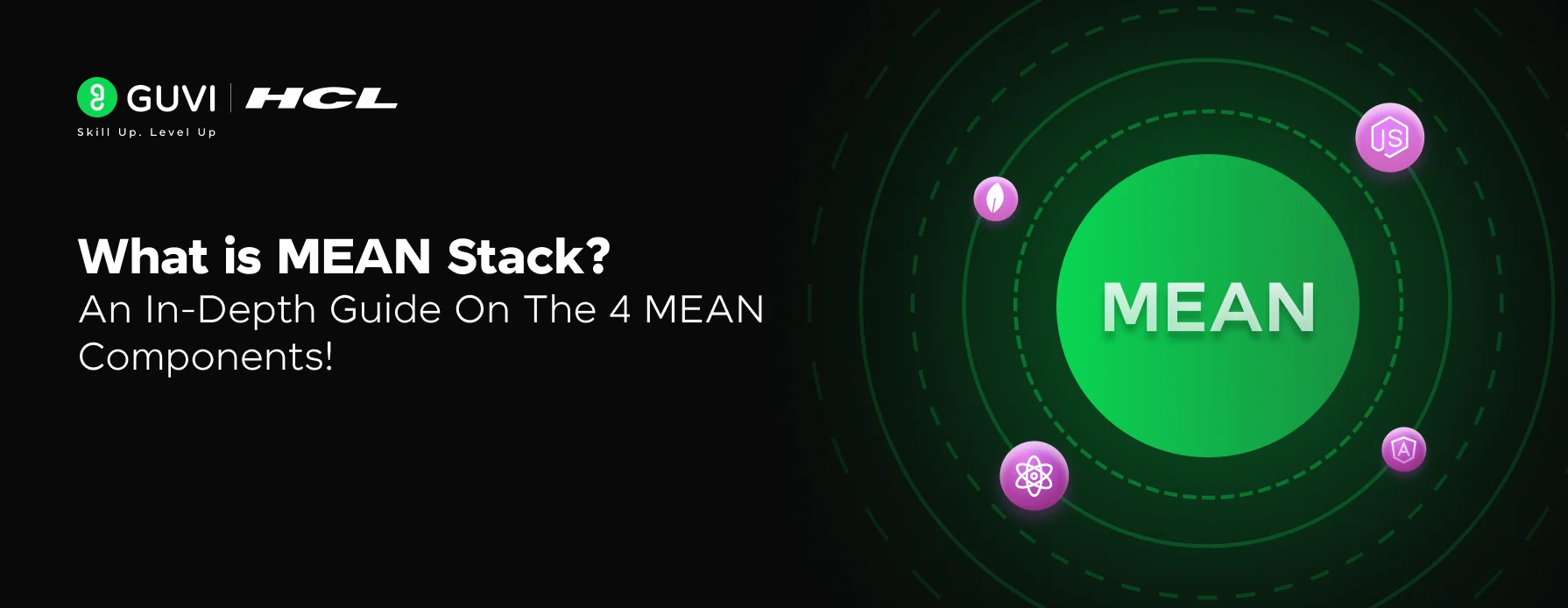
![What is ReactJS? A Beginner's Guide [2025] 13 what is reactjs](https://www.guvi.in/blog/wp-content/uploads/2025/04/What-is-ReactJS_-A-Beginners-Guide.png)
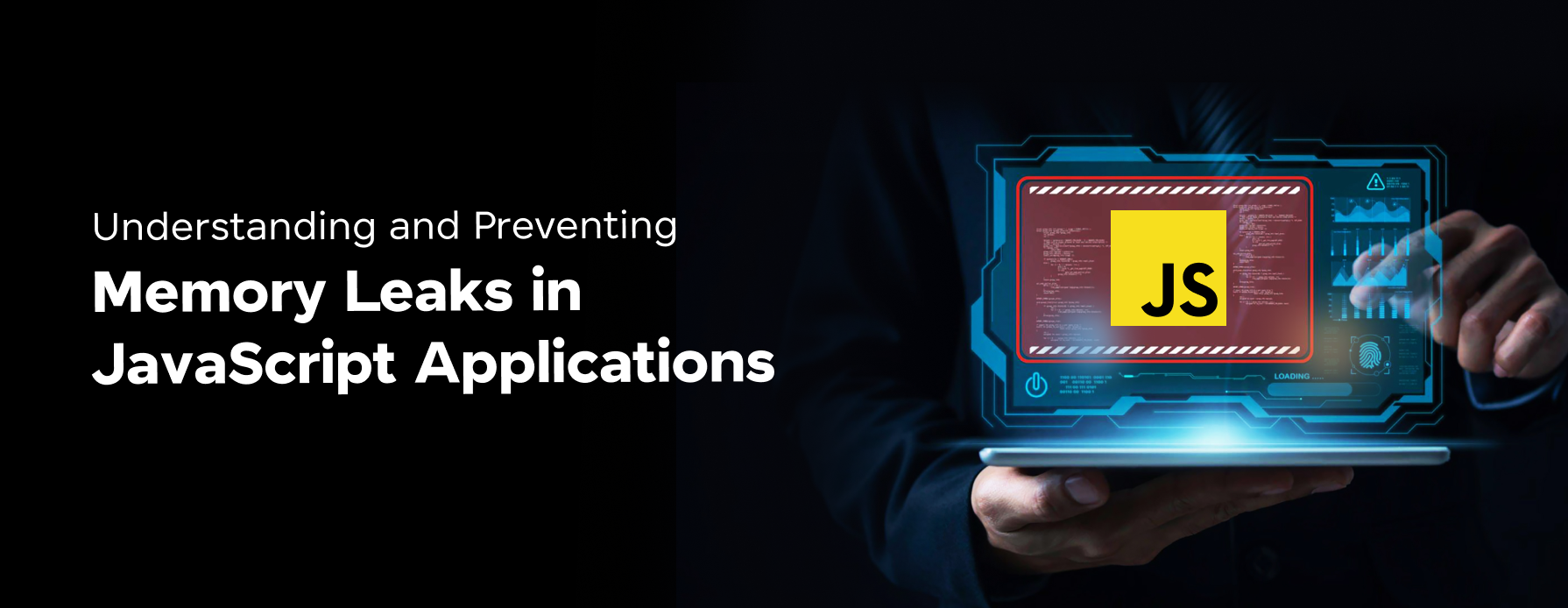

Very nice 👍